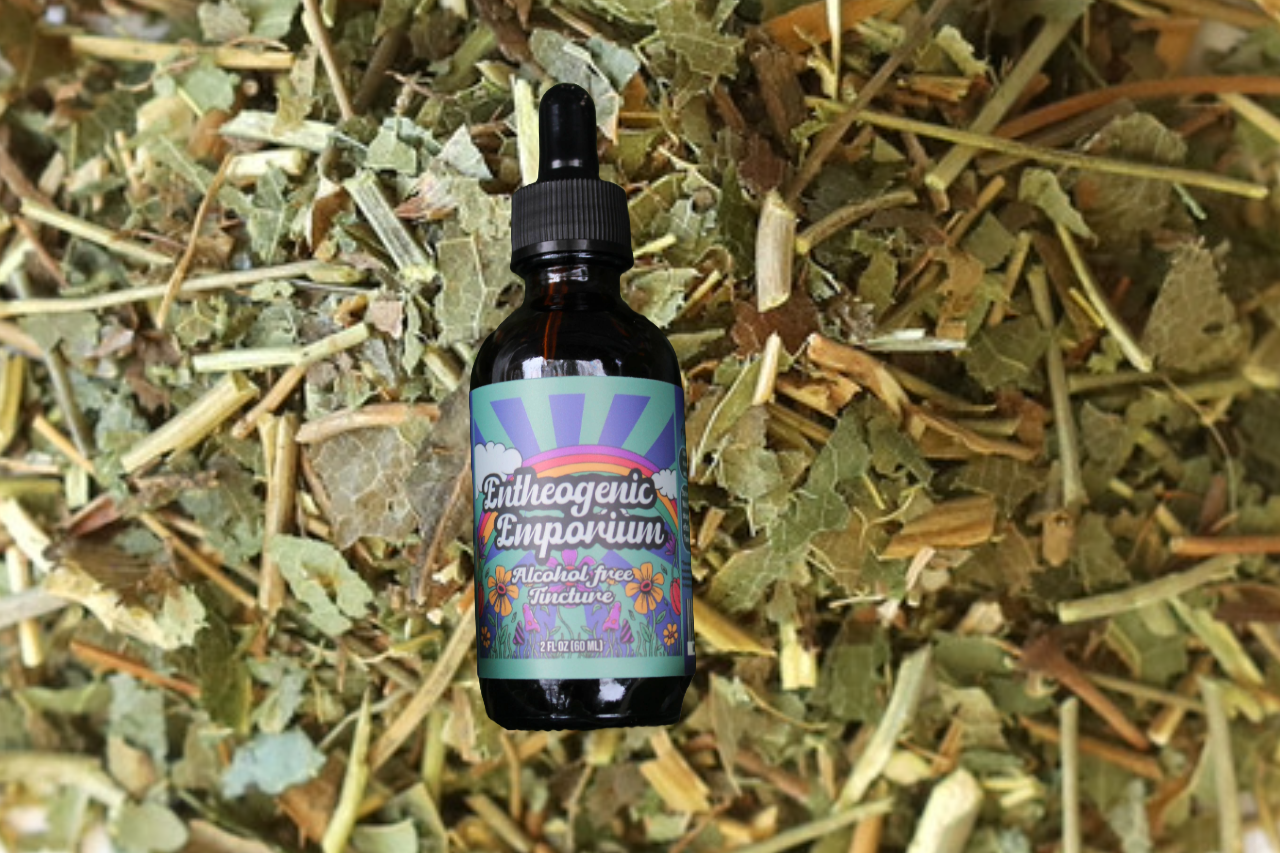
Healing Herbals
Horny Goat Weed Tincture 2 Fl Oz (Alcohol Free)
Horny Goat Weed Tincture 2 Fl Oz (Alcohol Free)
Couldn't load pickup availability
Horny Goat Weed Tincture - Support Energy and Mood
Product Description: Our Horny Goat Weed Tincture is made with care to ensure maximum potency and safety. We start with high-quality, horny goat weed leaves, known for their use in supporting vitality. The leaves are gently heated and steeped in pure, vegetable-based glycerin, a natural solvent that extracts the plant’s active compounds without alcohol. This slow, low-heat process preserves the herb’s beneficial properties, creating a potent, alcohol-free tincture. Each batch is filtered to ensure purity and consistency, delivering a clean, effective product in every 2 fl. oz. bottle. Perfect for those seeking a natural wellness boost.
FDA Disclaimer: These statements have not been evaluated by the Food and Drug Administration. This product is not intended to diagnose, treat, cure, or prevent any disease.
Share


Here at Healing Herbals Store
We carefully select suppliers who share our commitment to environmental stewardship and minimize waste through eco-conscious or reused packaging whenever possible. We prioritize supporting fair labor practices and are currently investing in regenerative farming methods, so every product reflects our dedication to both quality and the health of our planet. Shop now!

